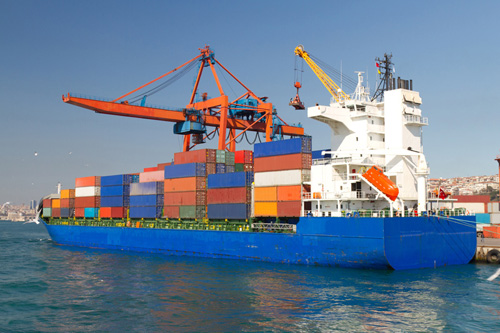The import bill of food and oil rose 14.38 pc YoY to $9.258 billion in the first seven months of the current fiscal year, thus burdening the balance of payments further, reported a national daily.
The country’s trade deficit is widening as the overall import bill of the country is also on the rise since the start of the current fiscal year.The share of food and oil stood at around 32pc of Pakistan’s total import bill during the July-January period.
Official figures released by the Pakistan Bureau of Statistics show that petroleum imports increased 16pc year-on-year to $5.814bn in July-January.
A breakdown shows that imports of petroleum products went up by 20.8pc to $3.724bn in the seven-month period. However, a decline of 15pc was recorded in the import bill of petroleum crude.
In the petroleum group, the import bill of liquefied natural gas surged by 135pc while the import of liquefied petroleum gas grew 54pc during the period under review.
Reduction in the oil import bill in the period under review followed a steep increase in the imports of petroleum products, which indicates that domestic refineries are operating at underutilised capacity.
The second-biggest component in the import bill was food commodities, whose exports rose 11.7pc YoY to $3.4bn. This increase has been attributed to massive imports of ‘other’ food items worth $1.256bn, followed by $1.015bn of palm oil and $491m of pulses. Imports of dry fruits and milk products also grew during the period under review.
The import bill of machinery also hiked 42.4pc to $6.846bn, mainly driven by power-generating machinery, followed by office, textile, construction and electrical machinery.
However, a negative growth was witnessed in the import bill of the telecom sector, mainly because of increase in the duty on its import of mobile phone and other apparatus.




